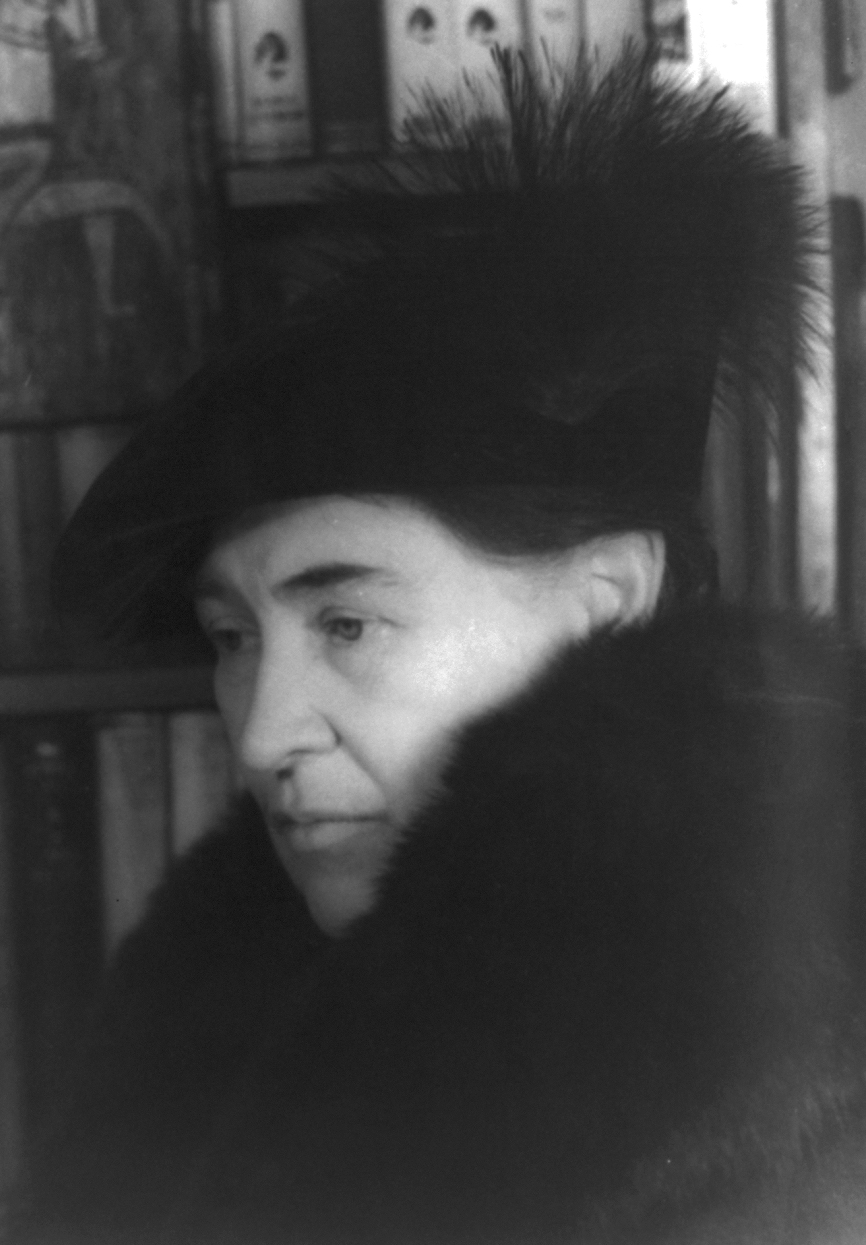Cather, Willa (1873-1947), was one of America’s finest novelists. Her reputation rests on her novels about Nebraska and the American Southwest. In them, she expressed a deep love of the land and a strong distaste for the materialism and conformism she saw in modern life. She showed a genuine devotion to traditional values—the importance of family, human dignity, hope, and courage. Cather also demonstrated a strong willingness to question customary ways of thinking and feeling, especially by creating strong female characters who have strength and determination of a sort that earlier writers had credited only to men.

Cather wrote 12 novels, of which My Ántonia (1918) and Death Comes for the Archbishop (1927) rank as the best. My Ántonia describes how an immigrant farm girl triumphs over hardship in pioneer Nebraska. Death Comes for the Archbishop is a historical novel about the work of the first Roman Catholic archbishop in the New Mexico Territory. The novel conveys Cather’s sense of the sacred in the archbishop’s work and also in the natural world.
Willa Sibert Cather was born on Dec. 7, 1873, near Winchester, Virginia, and moved to Nebraska with her family at the age of 9. In 1905, she published her first collection of stories and was hired by McClure’s Magazine, one of the leading American magazines. She quickly became managing editor, then a position of unusual power and influence for a woman. In 1912, Cather wrote her first novel, Alexander’s Bridge. She then resigned from McClure’s and devoted the rest of her life to writing fiction. She died on April 24, 1947. A statue of Cather represents Nebraska in the United States Capitol in Washington, D.C.
